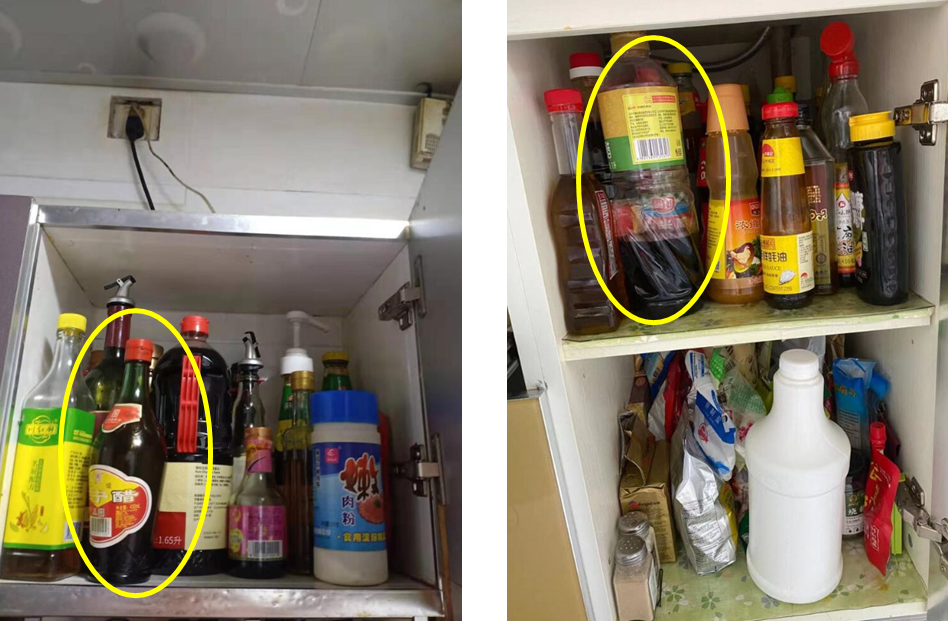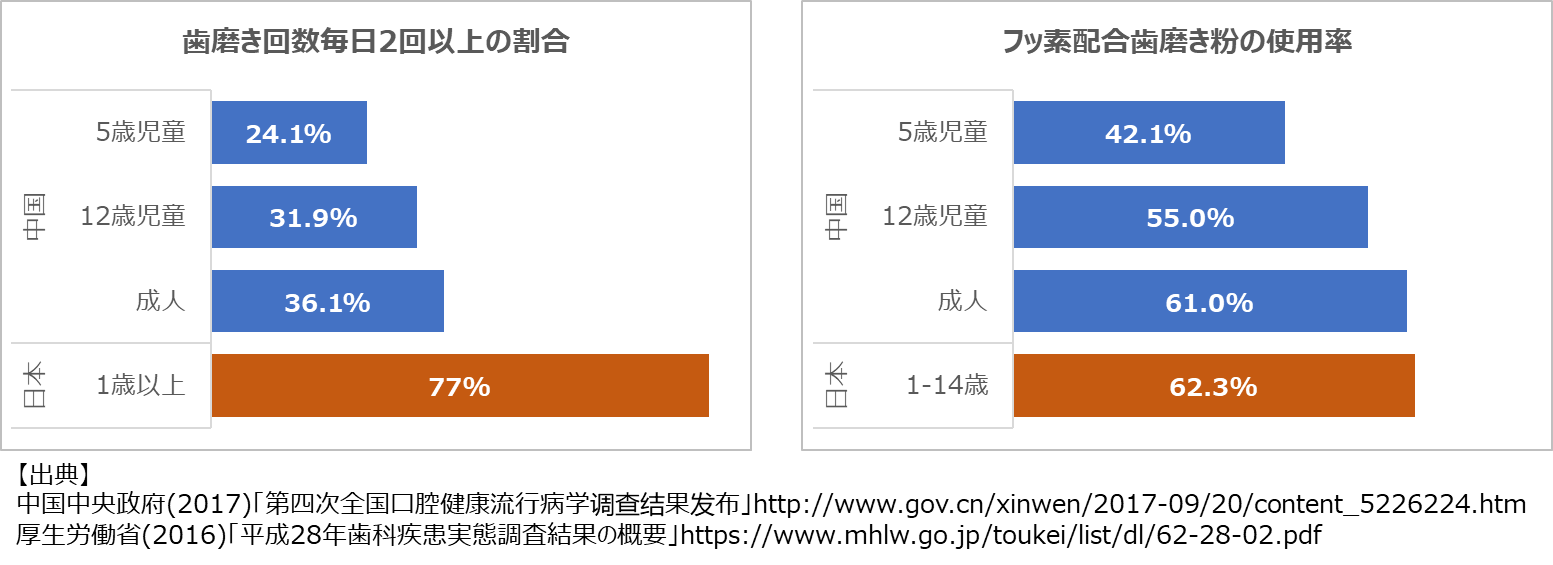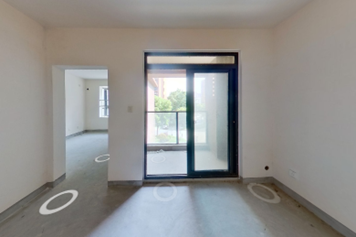【中国:地球の暮らし方】パンデミックによる伝統医療への再認識をチャンスに
- 公開日:2022/03/18
- 更新日:2025/09/10
- 5234 Views
中国は長い歴史を持っている。「上下五千年」の長い歴史の中から先人が残した知恵も数多く伝わってきた。その中で、中国だけでなく日本、韓国にも影響を及ぼすひとつとして、中医といわれる漢方医療がある。ただ、近代から、特に西洋医学の伝来に伴い、中国では漢方に対する意見が両極端に分かれている。こんな背景の中で、コロナが起きた。それが逆に漢方への再認識のきっかけになった。今回は、Consumer Life Panoramaに登録されている生活者における漢方の使用実態や使い方、また筆者が一生活者としての経験から、中国生活者が漢方に対する認識の変遷についてご紹介する。
分かれる漢方医療への認識
中国生活者が漢方に対する認識を紹介する前に、まずConsumer Life Panoramaの一家庭の冷蔵庫を見てみよう。
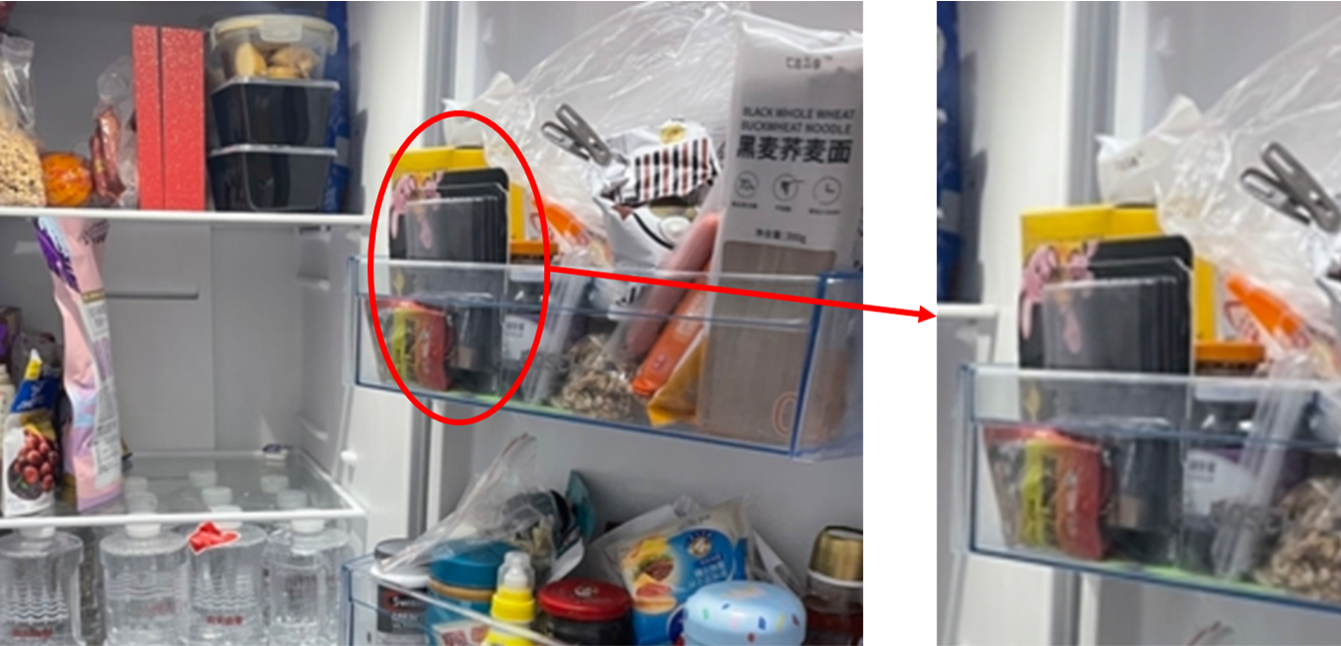
冷蔵庫に収納されている漢方サプリメント(CN_24)
(出典:生活者データベース(Consumer Life Panorama))
Consumer Life Panoramaとは
世界18カ国1,000名以上の生活者のビジュアルデータを蓄積した、ウェブサイト型データベース。住環境を閲覧できる3Dモデルや、各生活者の保有アイテムを撮影した2Dデータが多く搭載されており、文字や数字だけでは把握しづらい海外生活者の理解に役立つ。
本コラムで引用したようなビジュアルデータを用いて、
・海外生活者の属性別の違いを比較する
・カテゴリーの使用実態をリアルに把握する
・ターゲット生活者のライフスタイル全体を理解する
等、「現地に行かない」ホームビジット調査として活用が可能。

こちらの世帯の冷蔵庫のドアポケットに謎の箱に入れたものがある。この世帯の奥様にヒアリングしたら、これは、漢方薬の薬だった。彼女が夫と父のために買ったのだった。話の最後、「体にいいから、わざわざ買ってあげたのに、全然飲んでくれないのよ」と彼女は不満気に愚痴をこぼした。
漢方を飲まない理由はいくつかある。「処理が面倒くさい」「時間がかかる」など以外に、漢方への不信感といった理由もある。まず、漢方を飲んでもすぐに効くのではないので、効果がないのではと疑問を持つ人がいる。また、漢方の論理的根拠は基本過去の経験に頼るので、西洋医学みたいに成分をはっきりさせて、科学的根拠が証明されているものではないという指摘する人も多い。この結果、この家庭のように、漢方医学を擁護する人と漢方に不信感を持つ人で、中国でははっきり分かれている。
ところが、近年、ある出来事で、もともと漢方に対して不信感を持つ人でも、認識を改め始めた。それが、COVID-19によるパンデミックの勃発だった。当時の武漢は突然のパンデミックで、緊急事態となり、町がロックダウンされた。SARSの再来ではないかという心配の中で、当局は患者を重症と、軽症/無症状/濃厚接触者で区分けして、それぞれ病院と臨時施設に隔離した。特に臨時施設では、軽症等の患者に対して、まだ西洋医学の治療薬が開発されていない中で、漢方理論に基づいて中医薬の投与を早い段階から行われた。その効果が証明されて、国家中医薬管理局は漢方薬である清肺排毒湯を臨床で使用することを推奨した。さらに、新型コロナウイルス治療ガイドラインにも、西洋療法以外に、中医のアプローチも加えられた。その後、清肺排毒湯以外に、連花清瘟も症状の緩和に効果があると証明された。
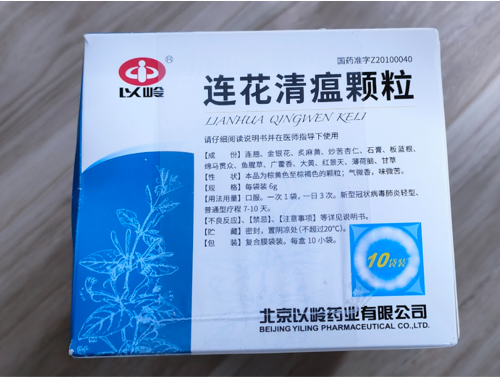
コロナのため常備薬として筆者が持っている連花清瘟顆粒(筆者より)
日系企業にもチャンスかも
漢方による症状緩和の効果が次々と報道された影響で、今後、中国のでは漢方に対する認識もだんだんポジティブになっていくだろう。そもそも食養、食療、薬膳等漢方起源の生活習慣が中国人生活者の中で深く根付いている。今後、未病の改善や日常的な健康維持のためにも、漢方や漢方製品がどんどん活躍するだろう。
実は、漢方由来の日用品等はすでに数多く存在している。例えば、漢方成分が含む歯磨き粉や、かゆみ止めに漢方由来の製品など長年にわたったロングセラー商品が複数ある。コロナを経験した中国消費者は以前よりも、健康を重視することになるだろう。特に漢方のコロナ治療での活躍を目の当たりにした後、漢方ベースの商品には以前よりも目を向けるだろう。
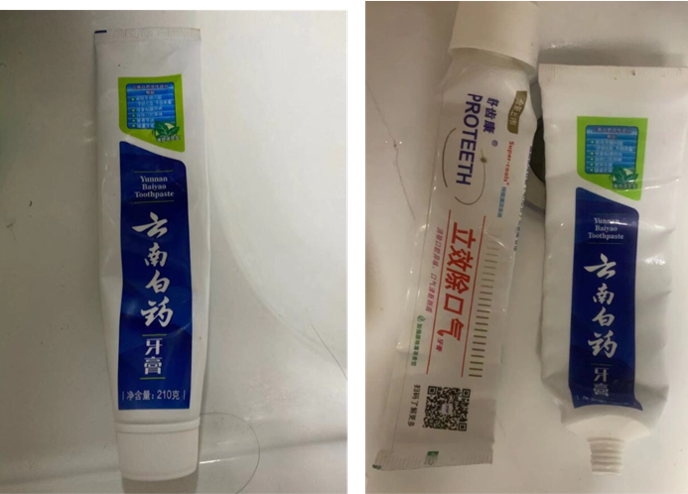
漢方メーカ雲南白薬が生産した歯磨き粉(左:CN_38, 右:CN_100)
(出典:生活者データベース(Consumer Life Panorama))
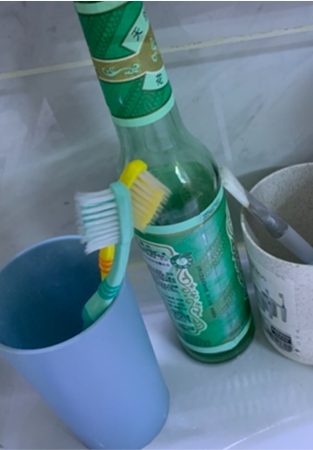
夏のかゆみ止めに欠かせない一本:六神花露水(CN_30)
(出典:生活者データベース(Consumer Life Panorama))
日本でも、市販されている漢方薬の種類がかなり多い。漢方薬を使った食品も数多く開発されている。一部は中国消費者の中でも人気がある。例えば、コロナ前中国消費者の爆買いの対象の中に「龍角散」といった漢方を使ったのど飴があるという事例も挙げられる。中国でのこの風向きの変化に応じて、今まで蓄積した漢方活用の経験を活かすと、新たなビジネスチャンスになるかもしれない。
-
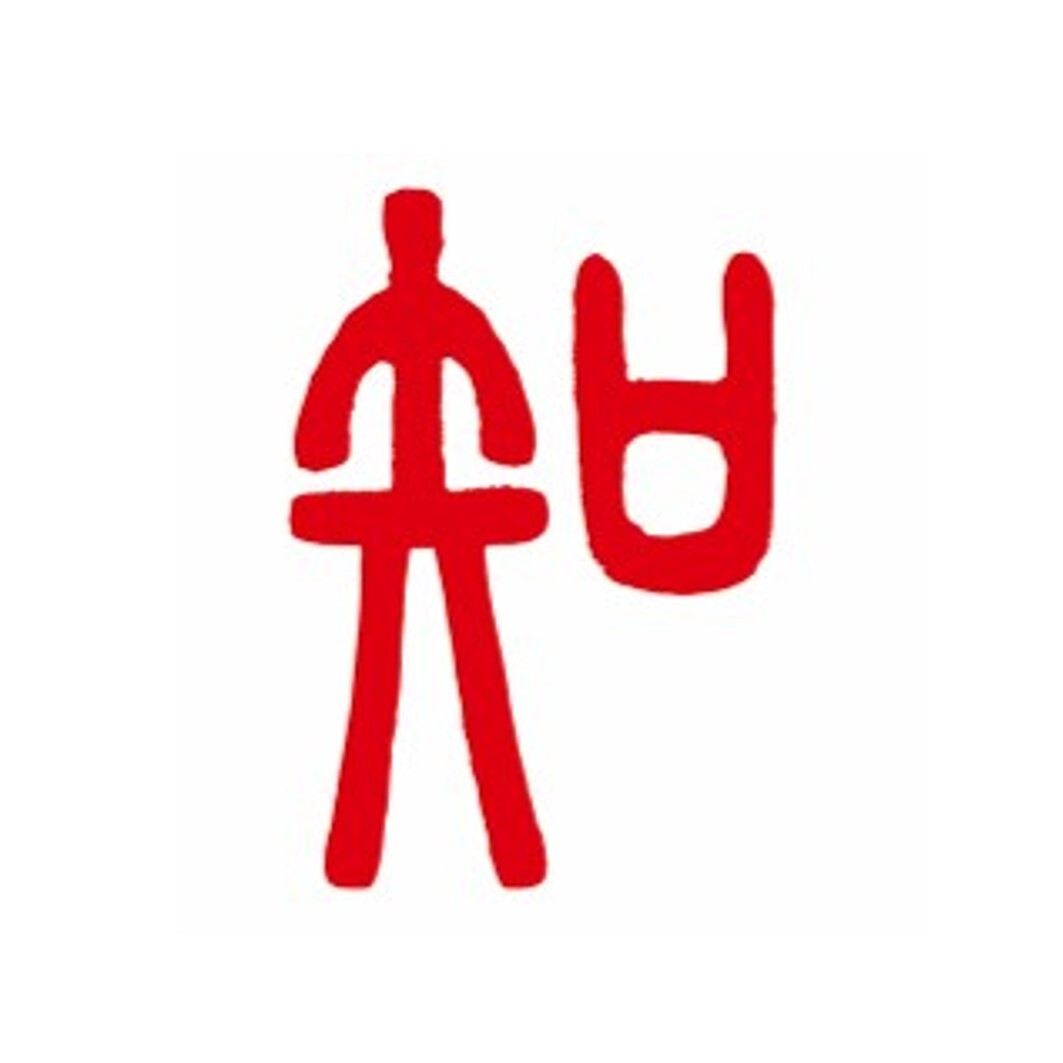
執筆者プロフィール
ヤン イェン
日本在住の中国人リサーチャー、中国をメインに海外消費者生活実態を発信。コロナ予防のため、自宅に漢方薬も備蓄している。
-

編集者プロフィール
辰田 悠輔(たつだ ゆうすけ)
Global Market Surferのサイトづくりを担当。娘の風邪と自分の花粉症のために小青竜湯を家に常備している。
 Global Market Surfer
Global Market Surfer CLP
CLP
